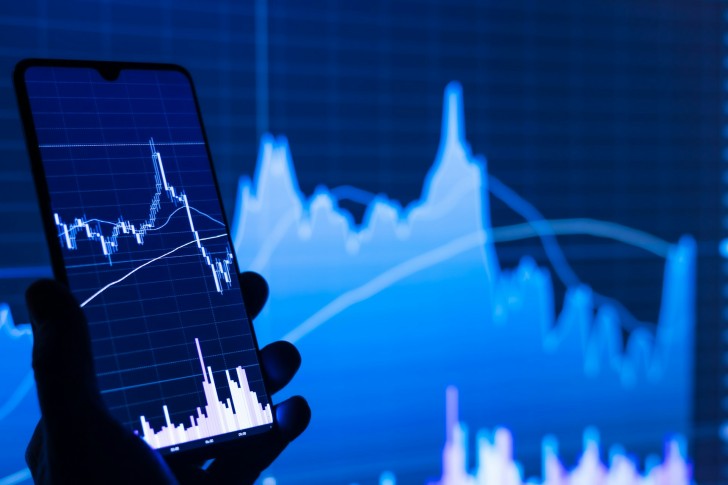Studying Market Basics
Most new investors start by asking forex là gì meaning “What is forex?”. In simple terms, it is the world marketplace for buying and selling national currencies, with their values driven by endless economic and political variables. Understanding these basics helps investors to interpret why the market moves the way it does.
Without this basic knowledge, it is almost impossible to make sense of the unknowns. Professionals insist that education is the first line of defense against unpredictable movements, allowing you to recognize the risks before they show up.
Building a Solid Risk Management Plan
Professional traders will often remind you that a strategy is not complete unless it includes an element of risk management. Whether it be a stop-loss order, position size calculations, or points of entry and exit, these are all tools that work to mitigate the impact of sometimes wild swings in price.
Investors who are preserving capital can be in a more favorable position when drama hits, instead of chasing the next big idea. Risk management also involves spreading the risk out across currency pairs and not over-leveraging a position. These measures cannot eliminate risk, but they can protect against an entire portfolio being wiped out by one decision.
Following Economic Indicators
Currencies are highly sensitive to global economic statistics. If there’s a report on GDP growth, unemployment, or a central bank policy change, there will likely be an almost instantaneous reaction in the forex market. Investors who watch these indicators through sources like economic calendars can anticipate volatility and uncertainty in the market.
For instance, a Federal Reserve interest rate increase is favorable for the dollar but less favorable for other currencies. By being aware of these signals, investors can be opportunistic in anticipating risk or position themselves properly for short-term risk. It’s less about trying to predict outcomes and more about being prepared for different scenarios.
Using Technology to Stay Ahead
Today's investors can utilize cutting-edge platforms that help reduce uncertainty. Charting software, mobile trading applications, and automated alerts allow investors to react quickly as volatility occurs in the market. Some professionals also use algorithmic strategies to trade or trading bots to help reduce emotional mistakes.
No doubt, technology can complement your thought processes rather than replace them. Being able to interpret charts, recognize signals, consult the news, and apply context is still important. Instruments can be applied best with a disciplined mentality to avoid reactive emotional decisions during times of volatility.
Maintaining Emotional Discipline
Market volatility typically instigates emotions like fear or greed, which can derail even the best strategic plan. Successful investors know how to manage their emotions and follow their plan. Journaling trades, creating real expectations, and employing patience are important tools to stay disciplined.
Confidence comes with preparation: your understanding of the fundamentals of price movement, your risk plan, and the regular tracking of economic events helps calm emotional reactions. You must remember that uncertainty is part of the forex market's DNA. Managing your psychology is just as important as understanding analysis tools and technical systems.
Uncertainty in the forex market is unavoidable, but it does not have to be unmanageable. By understanding forex là gì, creating strong risk management strategies, monitoring economic indicators, leveraging technology wisely, and controlling emotions, investors build resilience against sudden changes. Success comes from preparation, patience, and discipline. While no one can predict every outcome, those who plan carefully and stay informed are far better equipped to handle whatever the market delivers.
 Editorial staff
Editorial staff

 Editorial staff
Editorial staff


